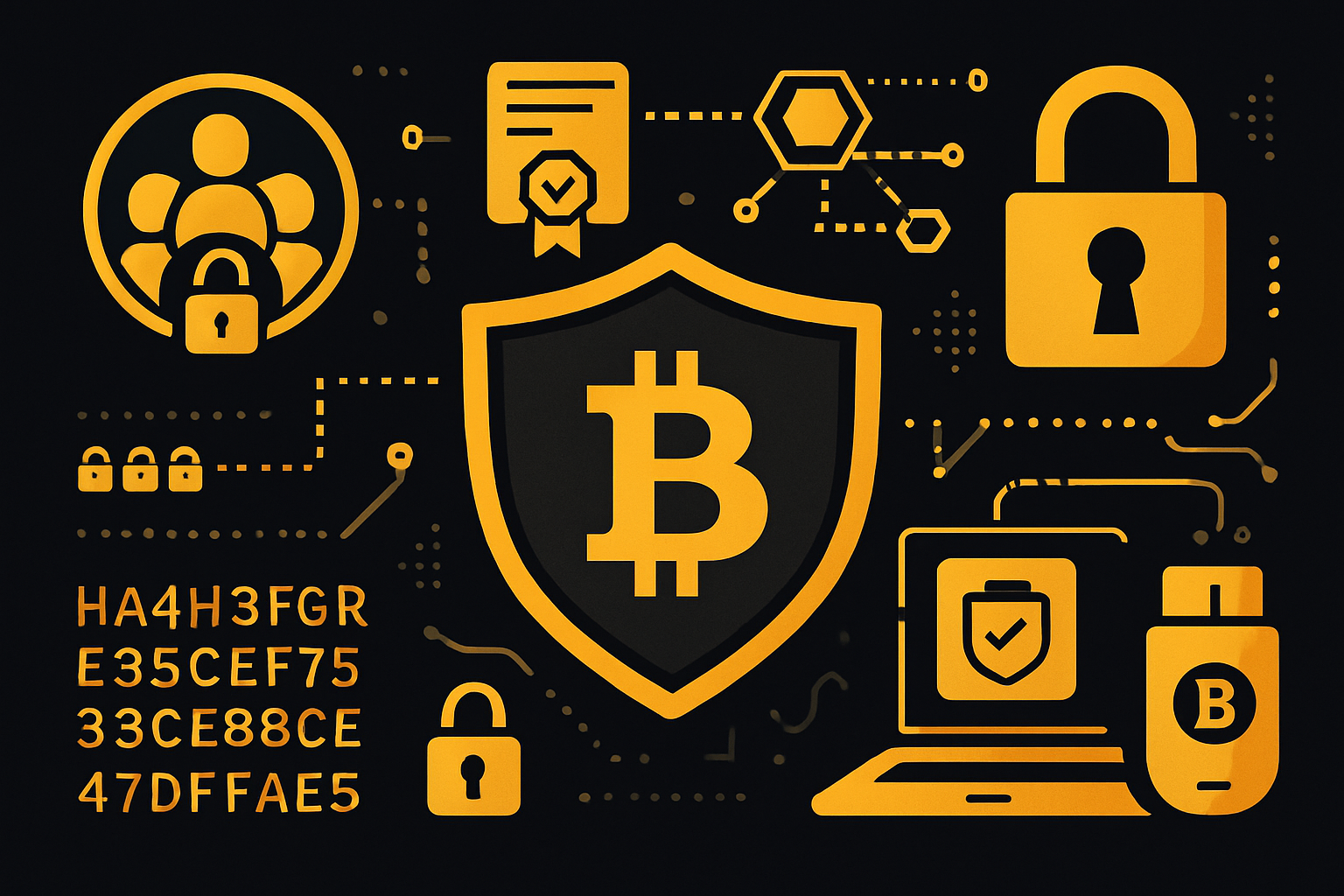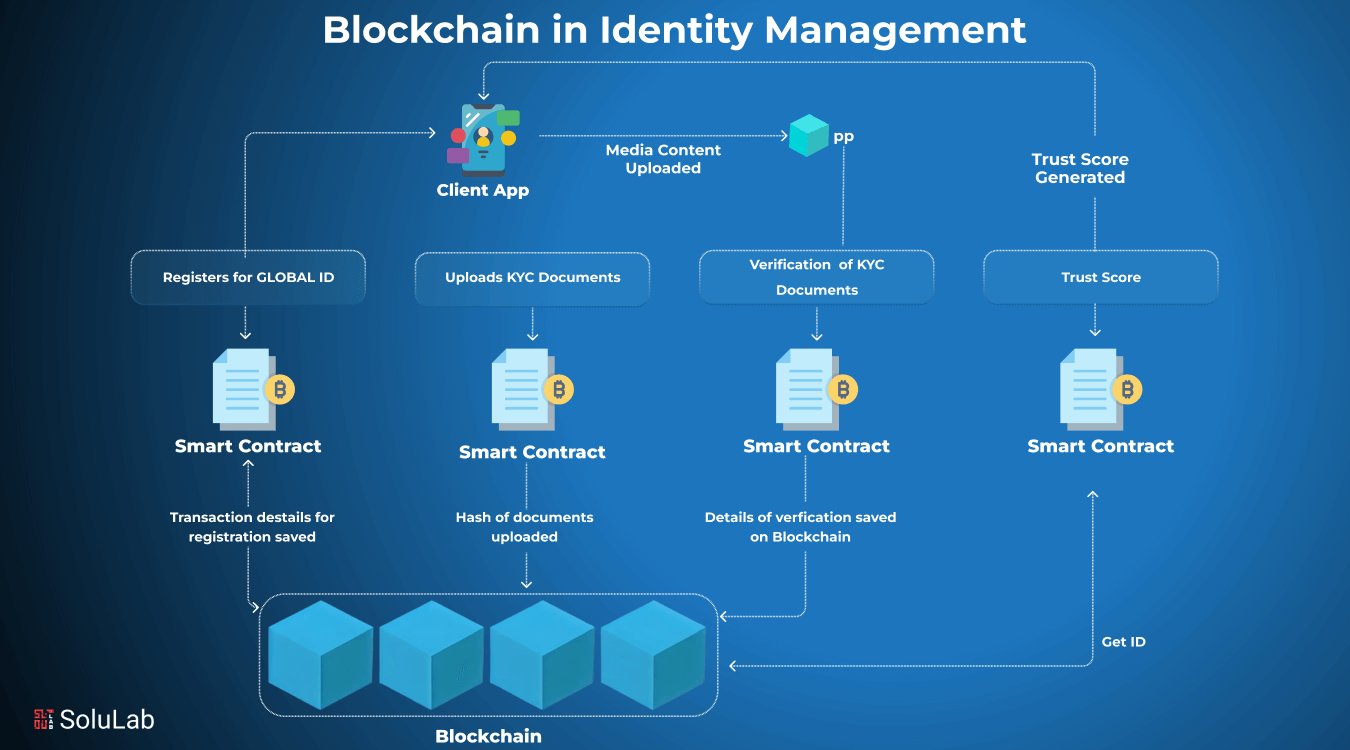
The explosion of decentralized finance (DeFi) and Web3 apps has brought with it a frustrating paradox: while these platforms promise user empowerment and privacy, they often saddle users with repetitive Know Your Customer (KYC) checks. Each new protocol or dApp typically demands a fresh round of document uploads, selfies, and data entry. This phenomenon, known as KYC fatigue, not only erodes user experience but also increases the risk of sensitive data leaks due to repeated exposure across multiple databases.

Redefining KYC: From Isolated Silos to Portable On-Chain Identity
Portable on-chain identity solutions are fundamentally changing the way KYC is handled in DeFi and Web3. Instead of forcing users through endless verification loops, these systems allow for one-time KYC that can be reused across hundreds of applications. At the heart of this shift are decentralized identifiers (DIDs) and verifiable credentials (VCs), which enable users to own, control, and share their verified identity information as cryptographic proofs, without exposing raw personal data each time.
The idOS network exemplifies this new architecture. By creating a reusable identity layer for Web3, idOS lets users verify once and transact everywhere. As described by idOS itself, “your identity is yours: fully encrypted and self-custodied, portable across the onchain ecosystem, verified once, reusable everywhere. ” This means less friction for onboarding and dramatically reduced risk of privacy breaches.
How Self-Sovereign Identity Wallets Enable Privacy-Preserving KYC
Self-sovereign identity wallets such as Altme go further by empowering users with granular control over their digital credentials. After completing one KYC process with Altme, users receive verifiable credentials, like proof of age or nationality, that can be presented to any supported DeFi or Web3 app. These credentials can also be minted as non-transferable NFTs or Soulbound Tokens (SBTs), serving as on-chain attestations without revealing actual documents or sensitive details.
This approach offers two key advantages:
- User privacy: Only necessary proofs are shared; underlying personal data remains encrypted under user control.
- Regulatory compliance: Platforms can verify compliance status without handling raw user documents every time.
The result is faster onboarding for end-users and lower compliance overheads for platforms, a true win-win scenario that aligns with both regulatory needs and the ethos of decentralization.
Zero-Knowledge Proofs: The Next Leap in Decentralized KYC
The latest generation of portable on-chain identity leverages zero-knowledge proofs (ZKPs), enabling even greater privacy guarantees. Solutions like zkMe allow users to prove they meet specific criteria, such as being over 18 or not being on a sanctions list, without exposing any other information about themselves. The zkMe protocol issues reusable zkKYC credentials that are accepted across multiple dApps and chains, eliminating the need for repetitive submissions while keeping sensitive data off-chain and under user control.
This is a crucial evolution as regulators increase scrutiny on DeFi onboarding processes but users demand ever-stronger privacy protections. With ZK-powered credentials, platforms can achieve robust compliance without sacrificing decentralization or user sovereignty.
For developers and businesses, integrating portable on-chain identity solutions like idOS, Altme, or zkMe means onboarding friction is drastically reduced. Instead of building and maintaining proprietary KYC flows for each new product or protocol, platforms can accept already-verified credentials issued by trusted providers. This modular approach not only accelerates user acquisition but also allows organizations to focus resources on core features rather than compliance logistics.
Step-by-Step: Seamless DeFi Onboarding with Portable On-Chain Identity
-

1. Complete KYC Once with a Trusted ProviderUsers begin by verifying their identity through a reputable platform like idOS Network, Altme, or zkMe. This process typically involves submitting documents and undergoing a secure verification, resulting in issuance of encrypted, self-sovereign credentials.
-

2. Receive Verifiable, Portable CredentialsAfter successful verification, users are issued W3C Verifiable Credentials or Soulbound Tokens (SBTs) directly to their digital wallet. These credentials are cryptographically secure, privacy-preserving, and can be selectively disclosed.
-

3. Control and Store Identity Data SecurelyUsers maintain full control over their encrypted identity data, which is stored in a decentralized manner (e.g., via idOS or Altme). Permissions are managed by the user, ensuring only authorized platforms can access necessary information.
-

4. Seamless Onboarding to New DeFi PlatformsWhen accessing a new DeFi or Web3 app, users simply present their previously issued credential. Platforms like zkMe and Altme support instant verification, eliminating repetitive KYC submissions and reducing onboarding time from days to minutes.
-

5. Transact and Participate Across the Web3 EcosystemWith portable on-chain identity, users can engage in activities such as trading, lending, or participating in governance across multiple platforms—without ever repeating the KYC process. This enhances privacy, lowers risk, and streamlines the entire DeFi experience.
Cross-chain compatibility is another major advantage. With networks like idOS supporting verifiable credentials that function across over 40 blockchains, users are no longer locked into a single ecosystem. Their self-sovereign identity wallet becomes a universal passport for DeFi, NFTs, gaming, and beyond, breaking down silos and promoting true interoperability. For a deeper dive into the mechanics of multi-chain KYC reusability, see this guide.
It’s important to recognize that privacy-preserving KYC isn’t just about convenience; it’s a fundamental shift in how digital trust is established. By minimizing the exposure of personal data and distributing control to users themselves, these systems reduce the attack surface for hacks and leaks. In an era where data breaches are rampant and regulatory penalties severe, this is a powerful proposition for both individuals and enterprises.
Emerging Use Cases: Beyond Onboarding
The impact of portable on-chain identity extends well beyond initial registration or compliance checks. Platforms are now exploring:
- Decentralized reputation systems: Users can build provable histories, such as successful loan repayments or governance participation, anchored to their reusable credentials.
- Token-gated experiences: Access to exclusive DeFi pools or NFT drops based on verified credentials without doxxing users.
- Programmable compliance: Smart contracts can enforce rules (like jurisdictional restrictions) based on attested attributes without ever accessing raw user data.
This unlocks new economic models while keeping privacy at the forefront, a balance previously thought unattainable in regulated sectors.
The trajectory is clear: as more protocols adopt interoperable identity standards like those pioneered by idOS and zkMe, user experience will improve exponentially. We’re witnessing the emergence of a decentralized identity layer that finally aligns with Web3’s promise of empowerment through ownership and privacy.
If you’re interested in practical steps for adopting these technologies or want to compare leading solutions side-by-side, explore our in-depth analysis at How Reusable Decentralized Identity Wallets Are Transforming Onchain KYC and Web3 Banking.






